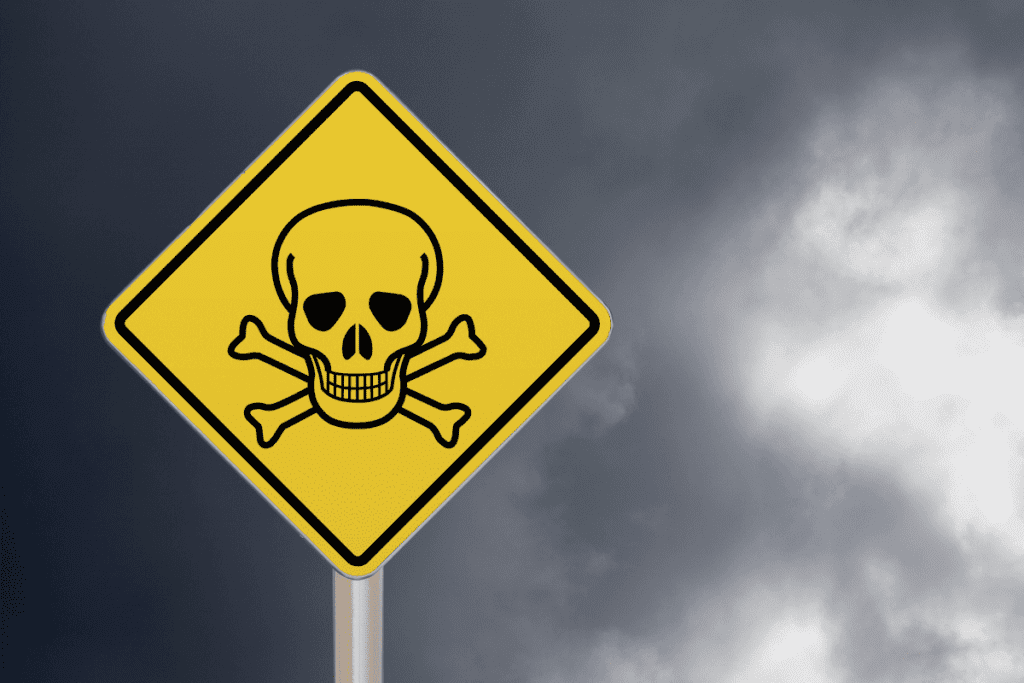If you’ve been reading the news lately, you’ve likely heard the buzz about bees being under threat. And given what was printed in the newspapers this past week, you may be getting some conflicting information.
A group of organizations funded partially by pesticide companies has launched a major advertising campaign touting their ‘concern’ for honeybees. This is an attempt to turn back the Ontario government’s plan to limit the use of neonicotinoid (neonics) pesticides that are poisoning bees.
(Take action and tell Ontario you support the proposed regulations.)
We’re examining the group’s claims and sharing the facts about what’s going on with bees in Ontario:
Claim: “Honey bee colonies are up almost 60 per cent since 2003, when the use of neonicotinoid seed treatments were introduced.”
Fact: Last winter was devastating for bees colonies; despite beekeepers bringing in 30,000 new queen bees to replenish dying colonies, 58 per cent of all the hives in Ontario were lost last year (compared to the average winter loss of 15 per cent). Some neonics are 5000 to 10,000 times more toxic to bees than DDT.
Claim: “Honey production has increased by 29 per cent in the past year and Ontario has a successful honey beekeeping industry which earned $30 million in 2014.”
Fact: Honey production in Ontario actually decreased by 32 per cent in Ontario in 2013 compared to 2012. Canada may be an exporter of honey but Ontario experienced a trade deficit of $15 million due to weakened colonies.
Claim: “Health Canada recently released a indicating that, in 2014, that the number of honey bee incidents during planting was down 70 per cent from 2013.”
Fact: With 58 per cent of colonies dying over the past winter, there were fewer colonies exposed to pesticides in the following growing season. A study from Health Canada found that 70 per cent of the dead bees were found with neonicotonoid residues and concluded that “exposure to neonicotinoids during the corn and soybean planting period contributed to bee mortalities in 2012 and 2013.”
Claim: “…real-world level field research consistently demonstrates that response of neonicotinoid seed treatments does not result in honey bee colony health issues” and “other countries, including England Australia, that rely on science-based regulatory systems have concluded that any risk to… bees from neonicotinoids is low.”
Fact: In 2013 the European Union put in place a moratorium on the use of neonicotinoids on field crops based on an extensive review of existing research. In a review of 600 peer reviewed studies of neonicotinoids, scientists concluded that neonics “are likely to be having major negative effects on ecosystem services such as pollination that are vital to food security and sustainable development.”
Researchers at the universities of St. Andrews and Dundee in the UK also recently studied neonics impacts on bumblebees and their nests. They found that low levels of neonics caused “… a 55 per cent drop in live bees, a 71 per cent reduction in healthy brood cells and a 57 percent drop in the total mass of a nest.”(Source)
The ad claims that countries like the UK reject neonic bans based on science. The UK Ministry of Environment, Food and Rural Affairs’ research on neonics was partially funded by pesticide companies like Syngenta and Bayer. This called into question the impartiality and usefulness of the research and the UK House of Commons Environmental Audit Committee later condemned the reliance on industry funding for research.
Claim: “The fact is, these regulations will not benefit honey bees.”
Fact: By introducing measures to limit the usage of neonics in Ontario by 80 per cent by 2017, the province will be taking significant steps to protect bees. The current use of neonics and the loss of bees have lead Health Canada to conclude “the current use of neonicotinoid pesticides on corn and soy is not sustainable”.
It’s becoming increasingly obvious that something has to be done to save the bees. Without provincial intervention, Ontario could be in serious trouble.
You can help. Take action and tell the province that you support the tougher new rules on the use of neonics.








